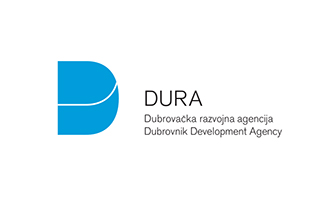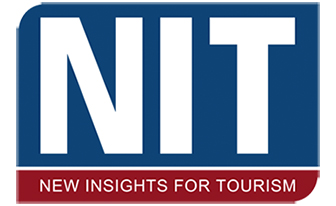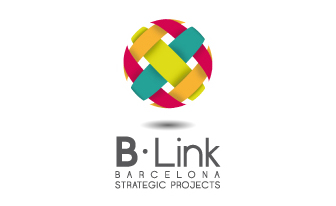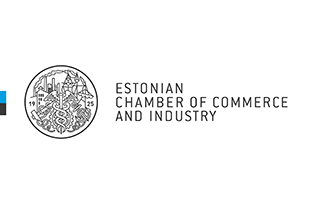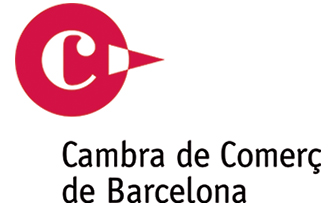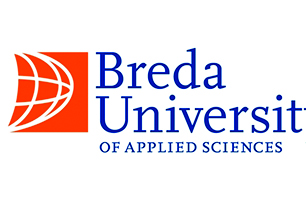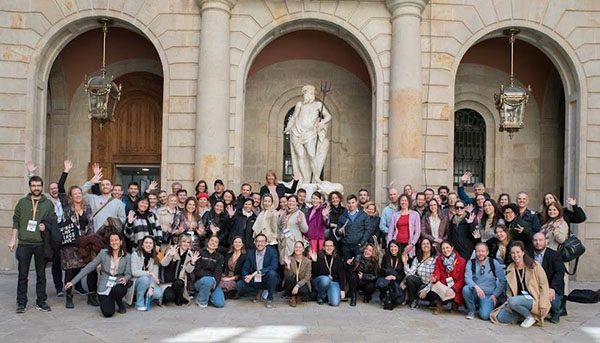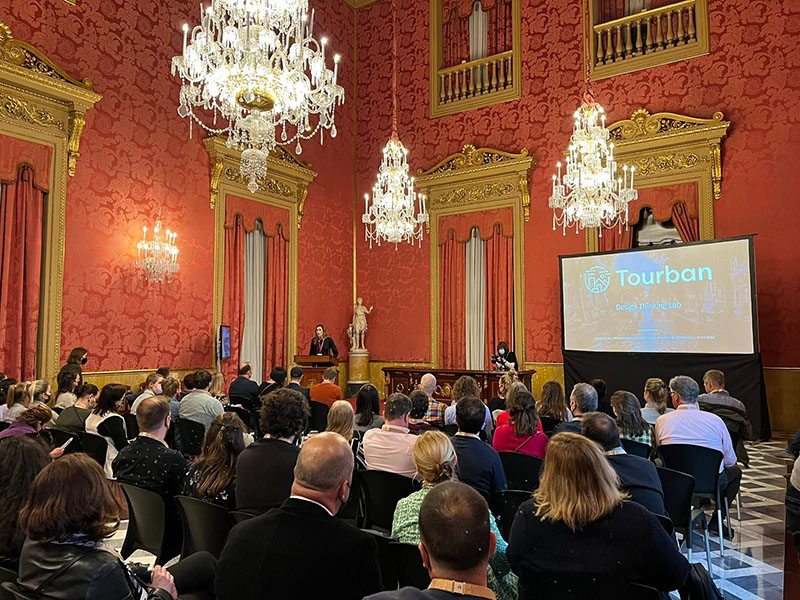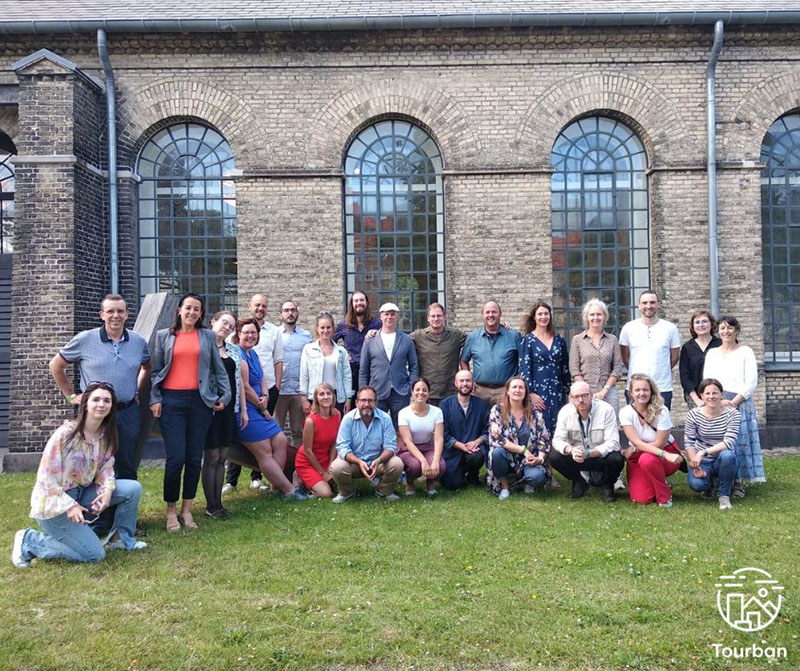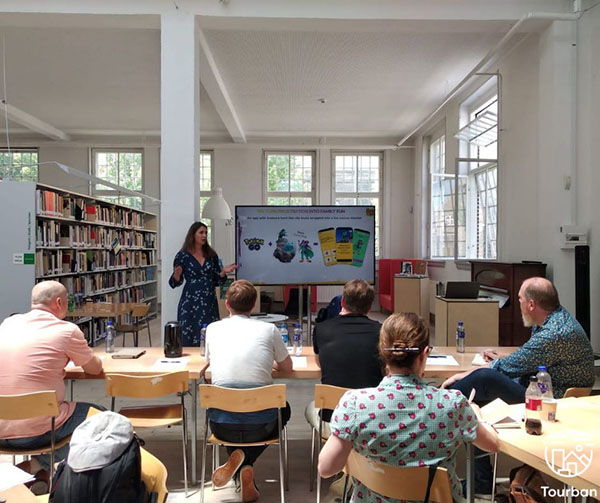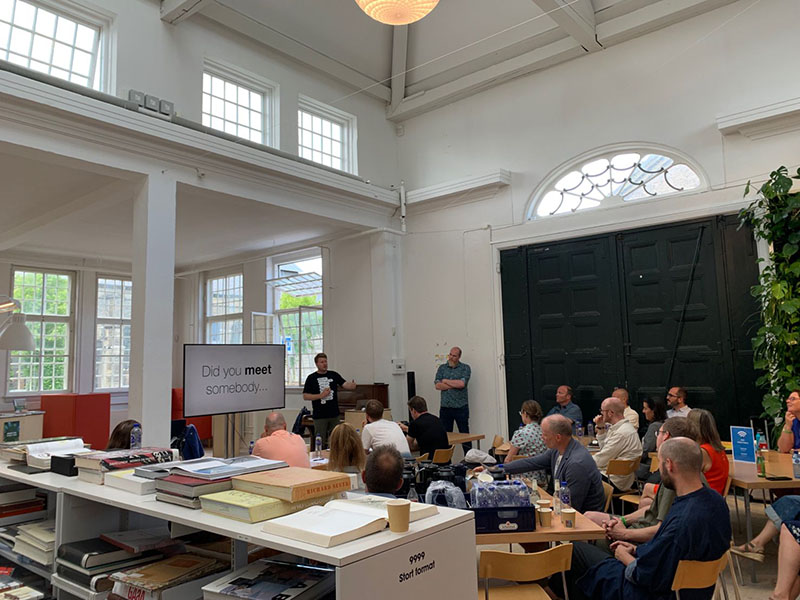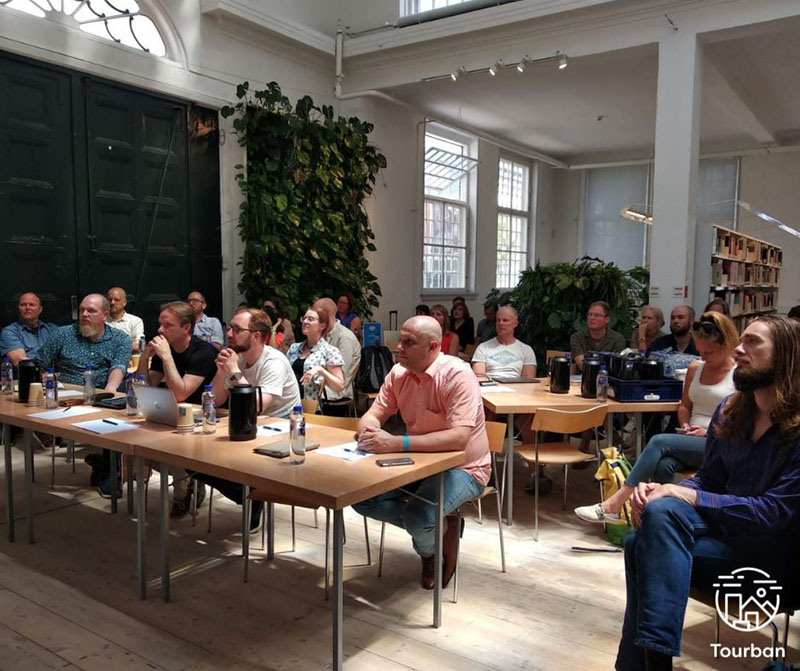Tourban project
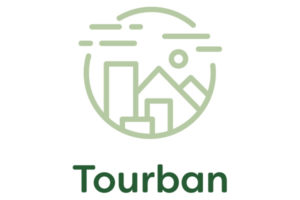
The project, named TOURBAN (Accelerating SME capacity and innovation for sustainable urban tourism) intends to strongly contribute towards the specific challenge of the call, which is to foster the adaptation of European tourism companies towards more sustainable, low-carbon and resource-efficient business models.
TOURBAN recognises that small and medium-sized enterprises, as they are the backbone of the tourism sector, are essential players in this movement towards sustainability through innovation, responsiveness, efficiency and the provision of specific skills and resources. Yet, SMEs must be further sensitized and given better access to knowledge, capacity and investment if they are to become sustainability catalysts.
The partnership also understands that cross-sector collaboration is required if sustainability and circular strategies and practices are to be implemented (to close loops). Yet, SMEs often lack the network, contacts and time required to establish such cross-sector relations.
On the other hand, new and often unseen challenges and threats are emerging for tourism SMEs. These challenges, which shall continue to sharpen in the future, refer to changing customer preferences and resources constraints. An interesting trend influencing purchasing decisions is brand trust, which explains why third-party certification and labelling programmes of operating tourism business are becoming so common. Also remarkable is the concerted effort of public agents and private sector in many parts of the world to adopt new commitments and standards towards more resource-efficient models and responsible production and consumption patterns.
These trends are of particular relevance in urban tourism, as cities are experiencing an extraordinary tourism growth especially throughout Europe. Research proves that this consolidated trend is greatly increasing the pressure on cities to manage the urban transformations derived from touristification and gentrification and other negative impacts of urban tourism such as precarious hospitality working conditions. The dramatic growth of tourists and accommodation capacity in major European cities (such as Amsterdam, Barcelona, Copenhagen, Dubrovnik, Kiel, Tallinn and Budapest) has led to an increase of tourism intensity, sharpening the pressure on urban (limited) resources, and challenging the cohabitation between residents and visitors.
In view of the above, TOURBAN is concentrating its efforts in tackling current challenges of sustainable urban tourism SME business development in an era of tourism visitor pressure.
For more information please visit the official website of the project: https://www.tourban.eu/
Project partners
TOURBAN Milestones
28th February, 2023 – The end of the Acceleration Programme
14 & 15th February, 2023 – Tourban Summit in Dubrovnik
26th & 27th June, 2022 – Investor Pitch in Copenhagen
31st March & 1st April, 2022 – Tourban Desing Thinking Lab in Barcelona!
1st of March, 2022 – The Tourban Sustainable Urban Tourism Acceleration Programme has officially started! 60 keen SMEs have been accepted and can now develop their innovative projects around urban tourism challenges and the sustainability of their business.
Objectives
In sum, the specific objectives to be achieved by the tourism SMEs that will benefit from financial support are:
1.To share and exchange knowledge on tourism sustainability challenges, especially in urban contexts,
2.To participate in networking, seeking to engage in cross-sectoral and transnational collaboration,
3.To develop their capacity to:
4. And ultimately improve their sustainability and competitiveness, by reducing costs, decreasing resource consumption, developing new and increased revenue streams, and gaining better visibility and positioning.
Project duration: 30 months, Start date: 2020. October
Project Coordinator: Barcelona Official Chamber of Commerce, Industry, Services and Navigation (BCC)
Participant Organisations: B.LINK Barcelona Strategic Projects S.L. (B.Link), Institute for Tourism Research in Northern Europe (NIT), Estonian Chamber of Commerce and Industry (KODA), Breda University of Applied Sciences (BUAS), City of Dubrovnik Development Agency (DURA), Creative Business Network (CBN), Hungarian Hospitality Employers’ Association (VIMOSZ)
Total budget: € 1.3 million
Target groups: travel agencies, tour operators, program organizers, hotels and other accommodation, as well as SMEs that may be able to contribute in some way to achieving the targeted results.
Final product: 60 companies (including 7 Hungarians) who have participated in training may have a new environmental certificate and good practices applied by the previously mentioned cities.
Place of implementation: Budapest
Contributors: Local stakeholders and SMEs who can contribute to the initiation and implementation of political tasks.
What do we want to achieve?
Share and exchange knowledge on the main challenges and good practices of tourism, sustainability and circular economy in the seven pilot cities.
Offer tourism SMEs the opportunity to participate in international networking events and initiate intersectoral and transnational collaborations through workshops and relevant training material.
Provide financial and business support to a minimum of 60 tourism SMEs through a 12-month acceleration programme (maximum EUR 10,000 per SME).
Support tourism SMEs in adopting best practices, including obtaining internationally recognised sustainability certificates and labels and the most advanced technologies.
Leverage the capabilities and skills of tourism SMEs and other actors to develop innovative solutions that make them more sustainable and competitive.
Spearhead a transnational and intersectoral movement towards tourism sustainability in urban areas across Europe through an online Sustainable Urban Tourism Community open to all players and stakeholders in the sector.

